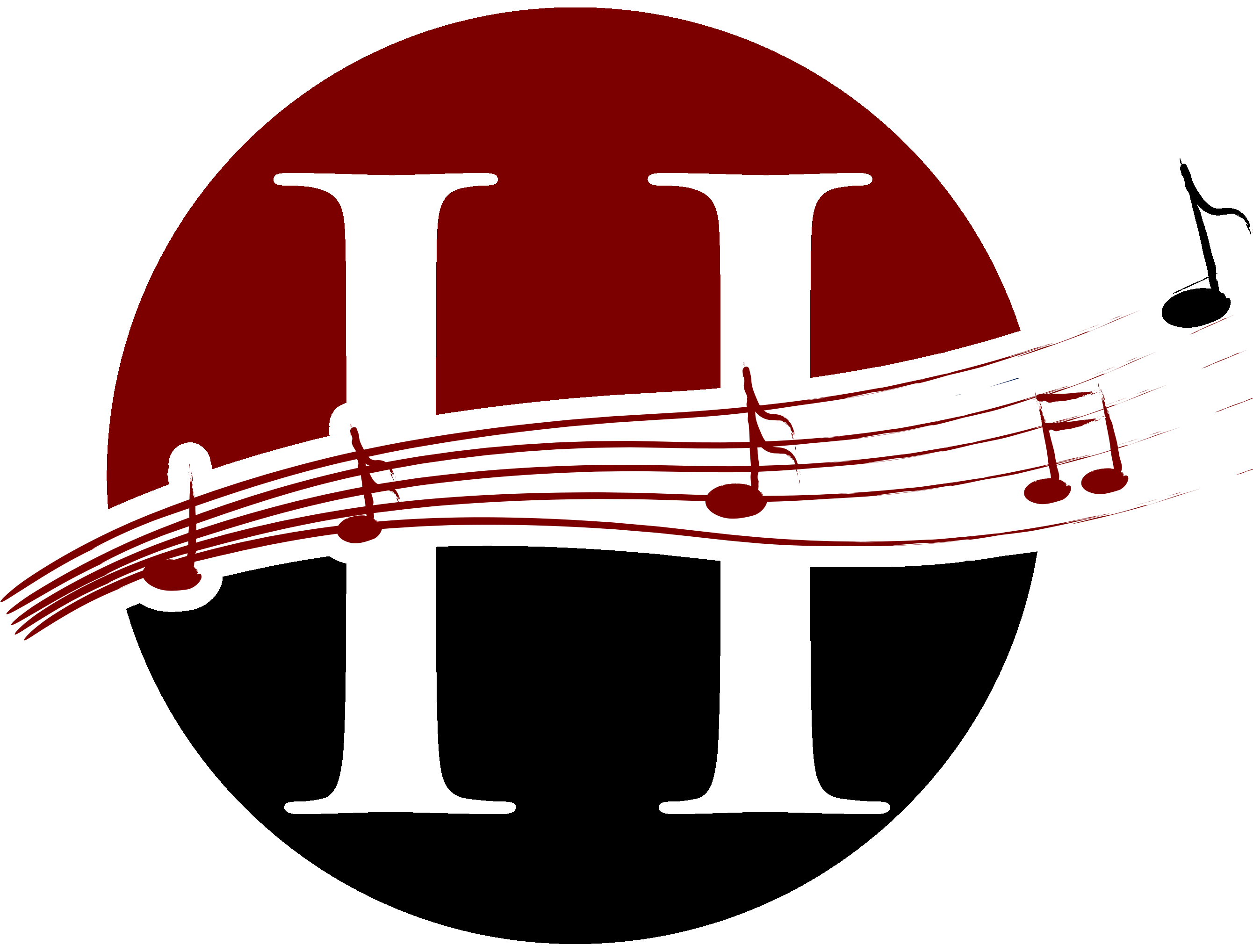The Power of Playing the Words
- Chris Dortignac
- Jun 11, 2021
- 3 min read

"For if the trumpet give an uncertain sound, who shall prepare himself to the battle?"
I Corinthians 14:8
The poignant quote on the picture above sums up a subtle truth: Music speaks to the spirit, regardless of the words. This is why it is vitally important that we as musicians, understand and learn how to communicate the message of the song through the music we make.
Imagine for a moment that you see an army preparing for battle, shields in hand, swords by their side, faces serious. Then, soft, gentle harp music begins to play. Do you feel ready for war or ready to go to sleep?
Imagine another scene: a baby sleeping sweetly in its mother’s arms as she gently rocks in her living room. A rousing march tries in vain to accompany the emotion of the moment.
Do you feel the confusion? This is what can happen when we fail to play the words. I’ve seen it far too often in hymn arrangements, where the arranger puts together a brilliant arrangement of musical notes and concepts, but it fails to communicate the message of the hymn. It pleases the ear, but loses the concept the hymn meant to convey. No doubt, we have all seen this...and if you are like me, maybe done it yourself. Sure, music is art and some of it is and should be up to interpretation, but music is also a form of communication that is universally understood across cultures and languages.
Too often we get caught up in the music and our ability to do impressive things with it and we miss the purpose of the music. When you prepare to play, do you know the message of the song? Is it a prayer of surrender, a reminder of God’s love, a call to action? How can you express the thought and emotion of the lyrics? Does it need to be loud and lively? Quiet and subdued? Some songs are helped by lots of notes and lots of movement, while in other cases, your embellishments will only be a distraction; the message is best communicated with a very simple presentation and few extra notes.
A word about melodies. Sometimes melodies written for hymns are, in my opinion (and maybe in yours), ill-suited to the text. There is nothing wrong with writing a new melody that fits the text better! However, if the melody distracts from the text and can’t be rewritten, the musician should do their best to apply the techniques that best convey the message of the lyrics. Perhaps you are dealing with a melody that you find boring. Can you modulate to a new key on the last verse? This will provide musical interest and emphasis. Can you apply other techniques (arpeggios, broken chords, dynamics, rubato, etc.) that will keep you and the listeners engaged?
Maybe you have a brash, stately melody applied to gentle lyrics. You can play this melody in a softer, flowing manner if you are adept at using dynamics and broken (arpeggiated) chords in the left-hand.
I have often used the example that you wouldn’t want to play A Mighty Fortress on the harp. No offense, to all you harpists! The lyrics, at least to me, call for a more stately, strong sort of accompaniment.
When you are thinking about the words, each phrase may call for something different as your dynamics, speed, and technique rise and fall just like they would in a spoken conversation. Listening to a musician who plays in a single dynamic level, speed or technique is like listening to a speech in monotone.
In any case, knowing the words (and singing them, if you can) will enable you to pull out the right tools from your musical tool box to help your listeners feel in their spirits what the lyrics are communicating to their minds.
For more on this subject, or if you need more ideas and tools for your musical tool box, check out our book, Hymnprovisation – the Art of Improvising for Effective Accompaniment.








Comments